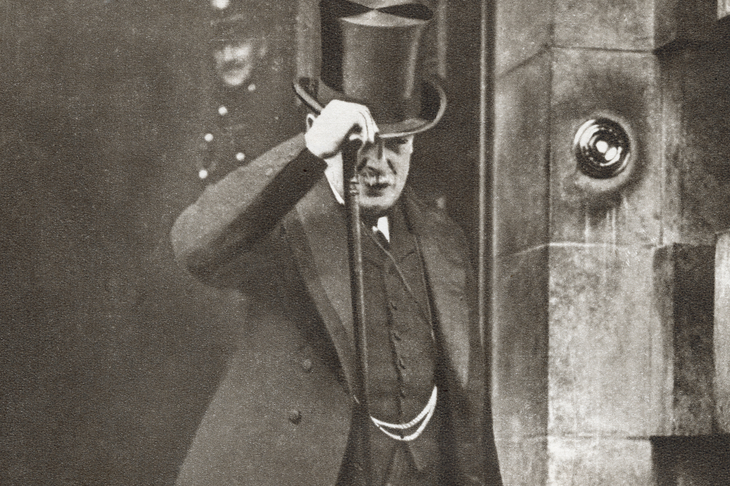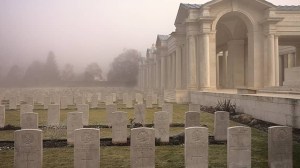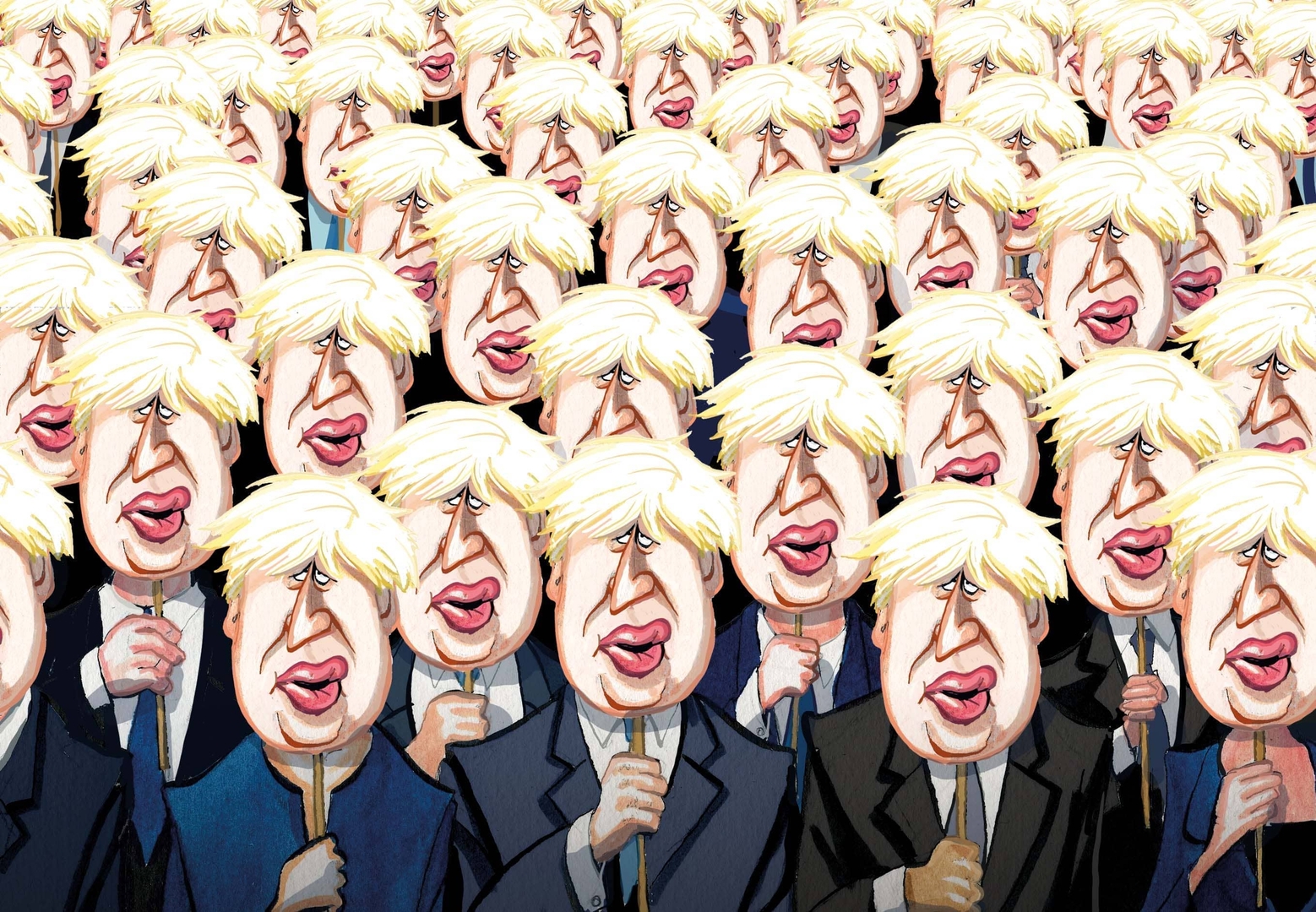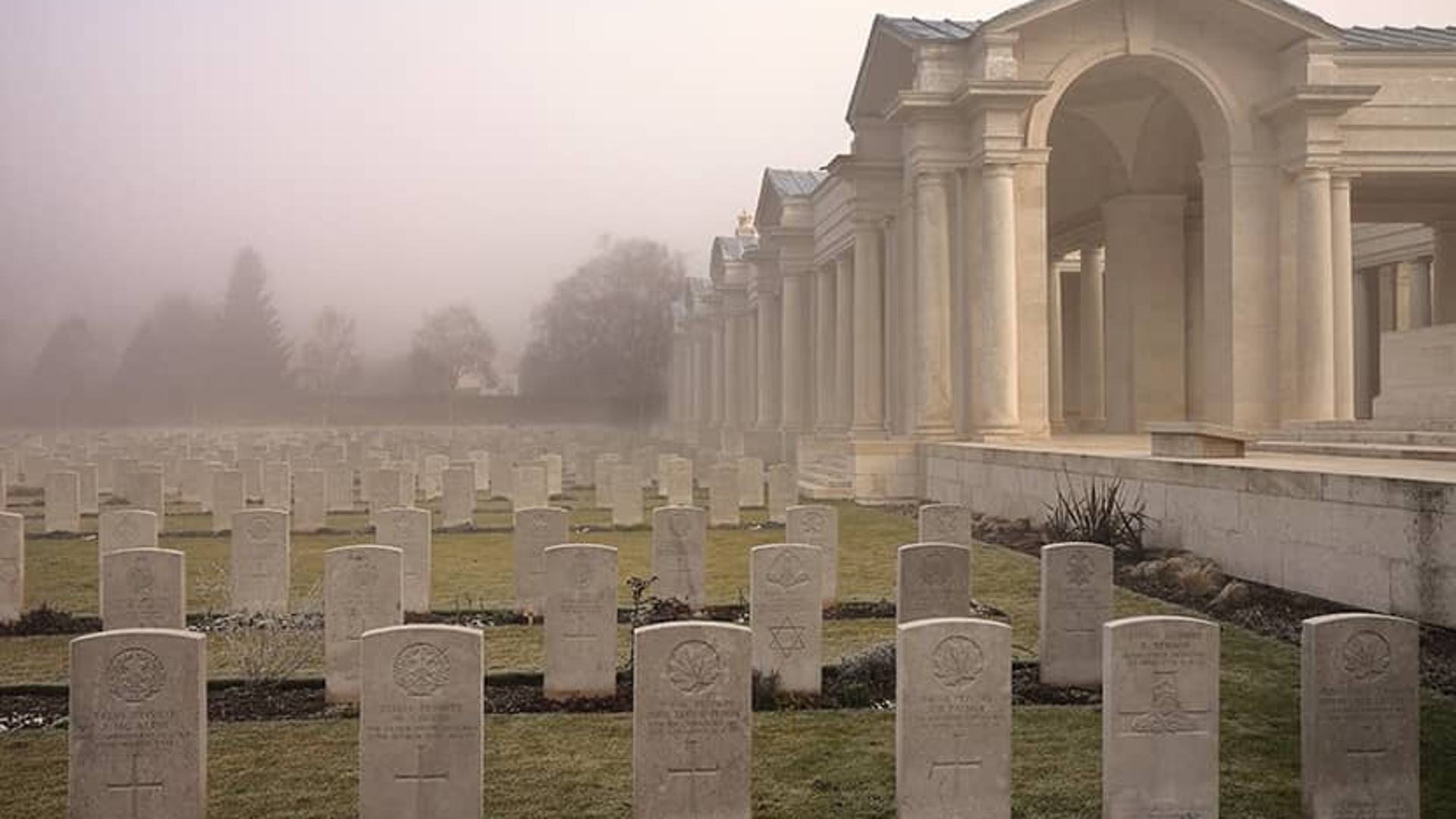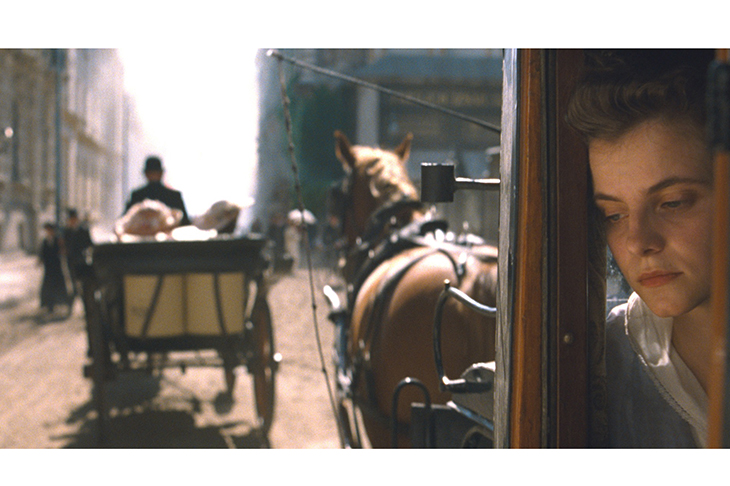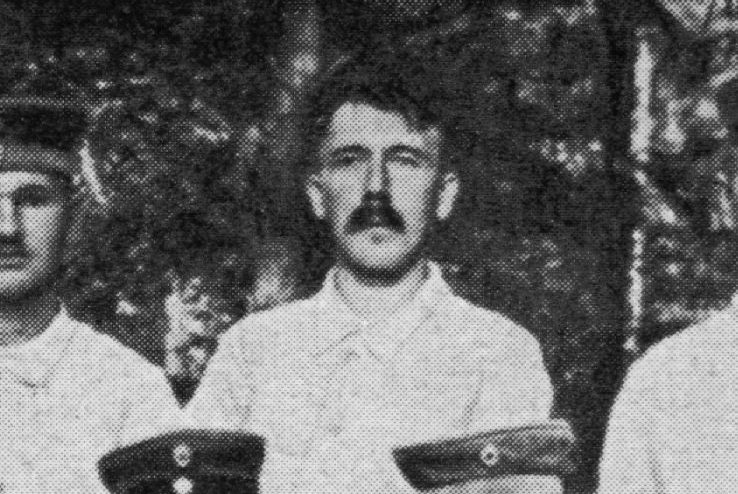The centennial of the armistice ending World War One has received much attention, and deservedly so, and yet there’s another centennial, closely related, that also deserves to be remembered.
On November 23, 1918, Prime Minister David Lloyd George, campaigning in Wolverhampton, declared, ‘What is our task? To make Britain a fit country for heroes to live in.’ Lloyd George thus put forth a vision of post-war solidarity, in keeping with the sacrifices made in wartime.
National solidarity was made inevitable by mass-mobilization. That is, since the success of the levée en masse in revolutionary France, nations had come to understand that they needed the whole of their population motivated enough — and robust enough — to support the fight.
Thus war-minded welfare statism grew in the 19th century. As the American Civil War was drawing to a close, President Abraham Lincoln pledged, in his second inaugural address, that the reunited United States would ‘care for him who shall have borne the battle, and for his widow and his orphan.’ We might further note, in the Lincolnian spirit of malice-toward-none and charity-for-all, that veterans’ benefits were extended to former Confederates. That was clearly, indeed, the way to bind up the nation’s wounds. (To this day, Lincoln’s words are inscribed on the entrance to the Department of Veterans Affairs headquarters in Washington, D.C.)
In the meantime, the Germans, having learned the need for Volkskrieg as they ejected Napoleon from their unifying country, proceeded in the 19th century to implement an aggressively Bismarckian plan of welfare statism.
So Lloyd George, in his Wolverhampton speech, was on firm political ground when he declaimed, ‘Don’t let us waste this victory merely in ringing joybells. Let us make victory the motive power to link the old land up in such measure that it will be nearer the sunshine than ever before, and that at any rate it will lift those who have been living in the dark places to a plateau where they will get the rays of the sun.’ Unfortunately, Lloyd George lacked the pithiness of his successor in wartime, Winston Churchill. Yet still he was able to get his point across; his coalition won the 1918 election in a landslide.
Of course, in those days, a specter was haunting Europe — Bolshevism. In the wake of the war, the crowned heads of Germany, Austro-Hungary, and Russia had been swept away, and workers’ soviets were popping up all over. So any sapient defender of King and Country had to contemplate new measures to protect the essentials of the status quo.
In fact, Lloyd George had always been a reformer and modernizer. A decade earlier, as an ameliorating Chancellor of the Exchequer, he had told his countrymen that they should strive to be ‘putting ourselves in this field on a level with Germany. We should not emulate them only in armaments.’
Speaking of armaments, Lloyd George had further distinguished himself during the war as a dynamic munitions minister, before ascending to the premiership in 1916. Interestingly, during his six years at Number 10, he grew more conservative; amidst strikes and social unrest, he asked RAF chief Hugh Trenchard whether it would be possible to use airplanes, if need be, to bomb the mob.
Still, for the most part, Lloyd George lived by the words of Macaulay: ‘Reform, that you may preserve.’ According to biographer Roy Hattersley, ‘Lloyd George’s plan to defeat the imagined threat required moderate working men to be convinced that the government had their interests at heart at the same time as it stamped down hard on their extremist workmates.’
Even during the fighting, Lloyd George’s government had passed an Education Act; after the fighting stopped, the focus was on housing: As Lloyd George also said in Wolverhampton, ‘Slums are not fit homes for the men who have won this war.’ Indeed, an oft-heard sentiment back then, derived from the wartime system of manpower classification, held that Britons could not expect an A1 population from C3 homes. The result was the Housing, Town Planning, &c. Act of 1919.
As Lloyd George wrote in his memoirs, ‘The Great War was not at an end in itself. We waged it in hopes of winning through to peace and a new and better age.’
To be sure, the bold spending programs were whittled down in the 1920s, and so the full flowering of the British welfare state would have to wait until after another war — World War Two.
At his oratorical best, Lloyd George set a high tone of civic rigor: ‘The stern hand of fate,’ he declared in 1914, ‘has scourged us to an elevation where we can see the everlasting things that matter for a nation — the great peaks we had forgotten, of Honor, Duty, Patriotism, and, clad in glittering white, the towering pinnacle of Sacrifice, pointing like a rugged finger to Heaven.’ It’s hard to imagine that anyone hearing those words wouldn’t agree that yes, some things are more important than low taxes.
A century after the Great War’s end, it’s easy to succumb to the idea that war is pointless — although many wars certainly are. Moreover, the conduct of any war can be improved, and World War One proved that more than most; in fact, Lloyd George devoted a considerable portion of his memoirs to savaging British generals as ‘blunderers,’ suffering from ‘the inexhaustible vanity that will never admit a mistake.’
Yet history also tells us that some wars are unavoidable. And if so, it’s better to win than to lose. And to win, a nation needs heroes. And to have heroes, a nation must be fit for heroes.



